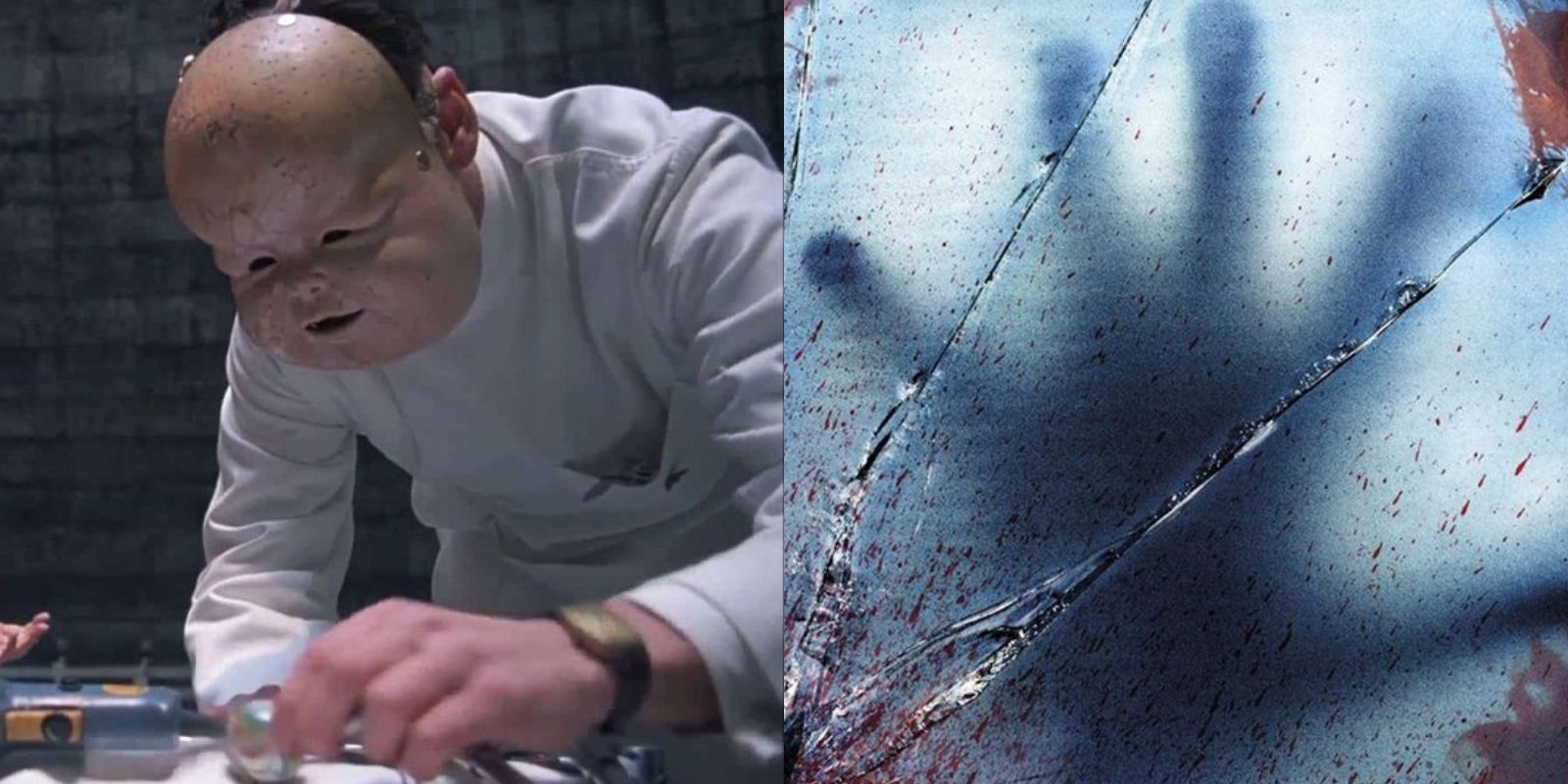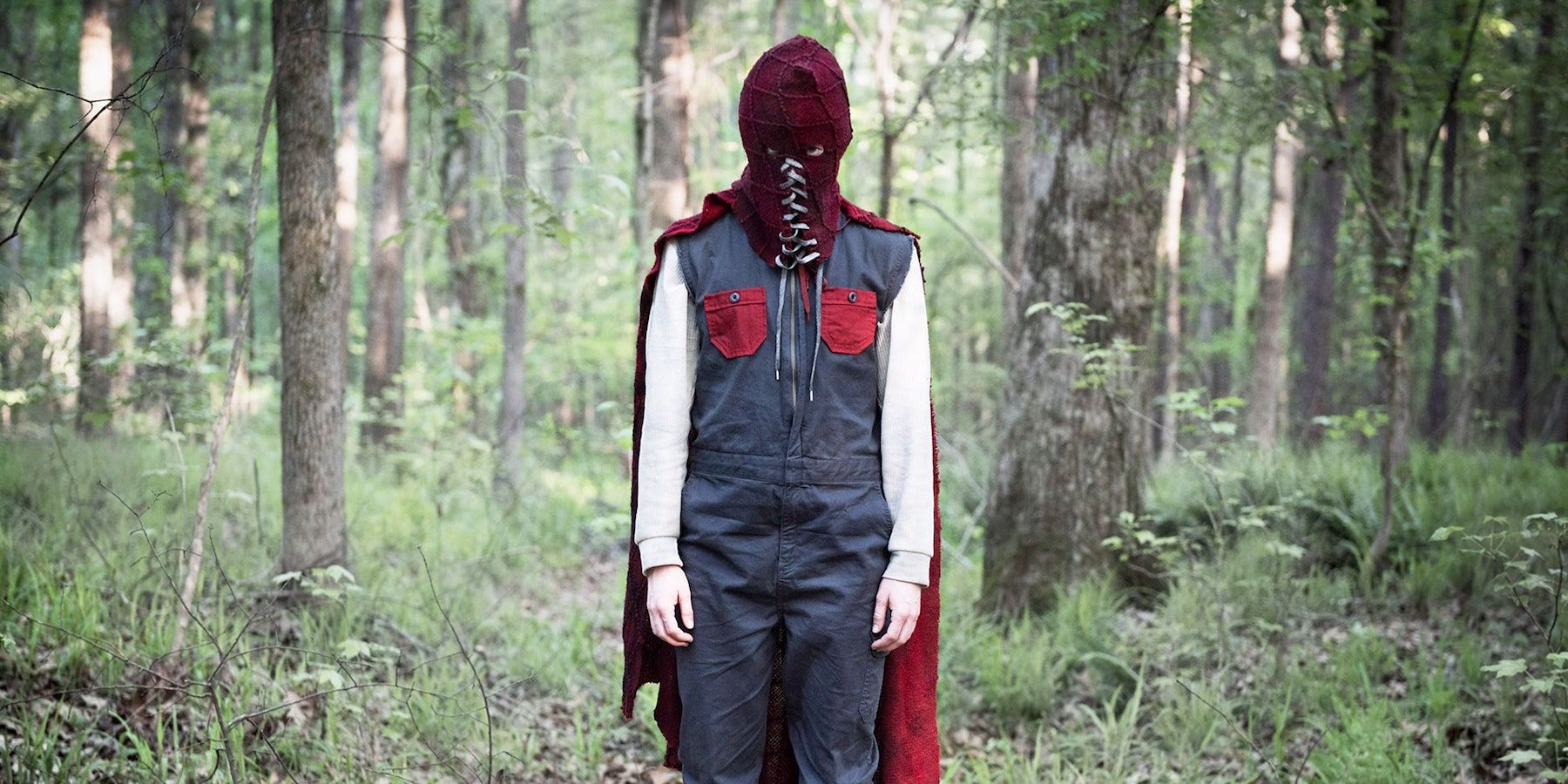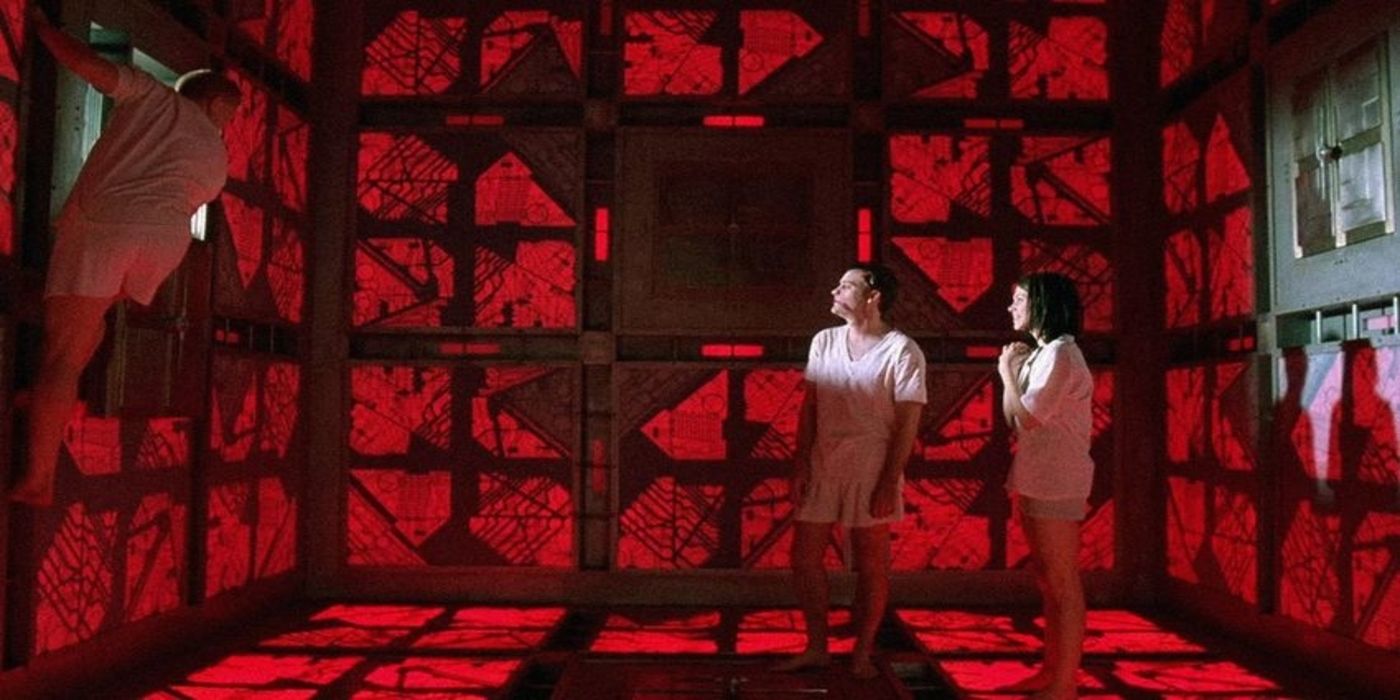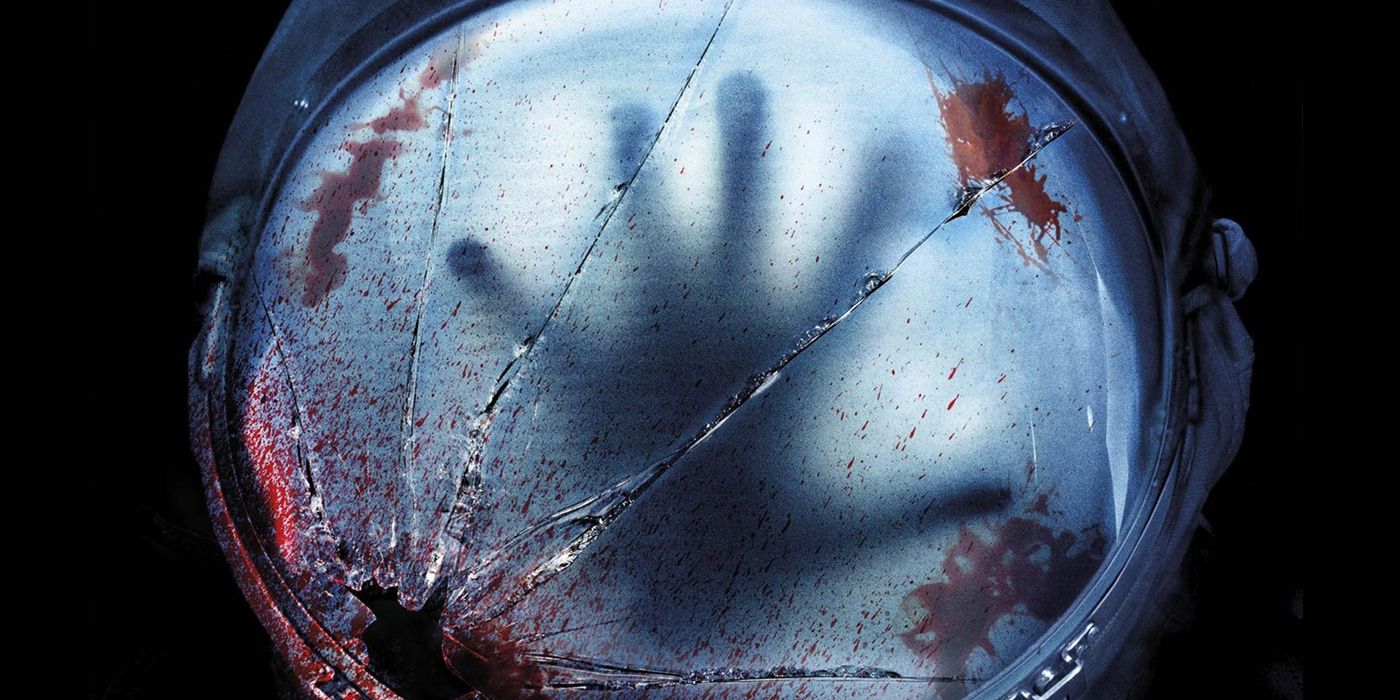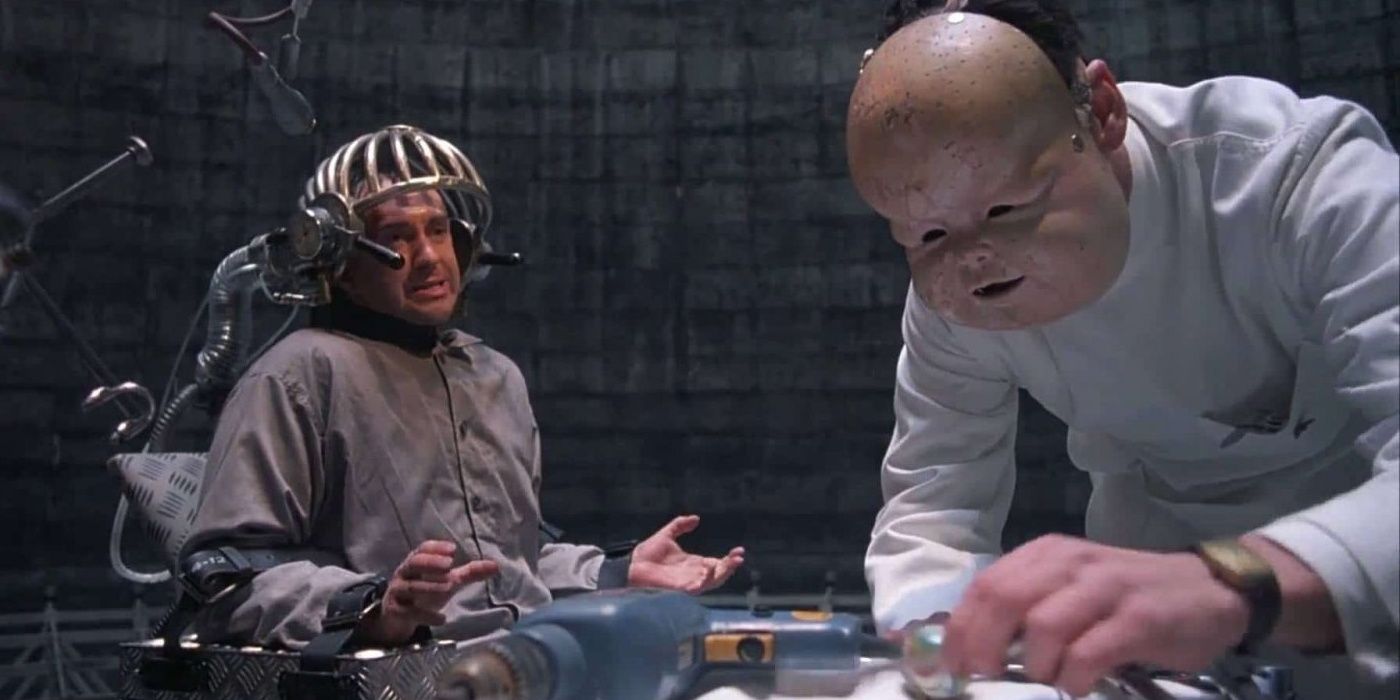One of the most enduringly popular genres in film, sci-fi has shown audiences some truly incredible things. Amidst the myriad horrors contained within the many proposed futures, many of these stories have less than happy endings.
Sci-fi has certain tropes that make the genre especially well suited to unhappy endings. When asked to imagine the possibilites of scientific innovation, perhaps unsurprisingly, the majority of creators have imagined a gruesome dystopia or a bitter extinction. This almost certainly goes without saying, but spoilers ahead for every film listed.
Upgrade
Leigh Whannell's 2018 sci-fi action thriller came out of nowhere with a tiny budget and managed to be something very special. The creator behind the Saw franchise imbued this fast-paced ride with a healthy infusion of dark comedy which distracted from its grim plot. The plot centers around Grey, a man with a strong distrust of the futuristic technology that seems to rule his surroundings.
After a violent gang kill his girlfriend and leave him paralyzed, Grey is outfitted with a computer chip called STEM which allows him to walk and slowly imbues him with superhuman abilities. Grey brutally slaughters his way through his targets, using his newly enhanced intelligence and fighting skill to uncover the reason for the attack and claim vengeance. His investigation leads him to the home of the chip's inventor, where the truth is revealed.
STEM has been manipulating the entire situation, engineering his own inventor's hiring of the men who attacked Grey, piloting Grey through his quest for vengeance, and finally taking his body for its own. As the film ends, STEM achieves its goal of becoming human, and Grey's consciousness is left in a state of permanent delusion.
Brightburn
This 2019 horror film posits the simple question, what if Superman was sent here to destroy Earth rather than save it? The answer, it turns out, is pretty easily predictable. Brandon Breyer, the film's inarguable antagonist, is an alien raised as a son by a simple Kansas couple.As the boy gradually uncovers his superhuman abilities, he also falls prey to more traditional pre-teen struggles like bullying and trouble at school.
Despite the best efforts of his long-suffering parents, Brandon begins to use his powers to hurt and kill those who anger him. His parents discover his evil ways and immense destructive capability and try to stop him. Both his father and mother attempt to deceive and kill him for the good of mankind, but he's just too powerful. After killing both of his parents, Brandon begins his rampage against the human race. The credits play out alongside news footage of Brandon gradually destroying the Earth.
The Cube Series
This hugely underrated trilogy of sci-fi horror films was released in the late nineties and early 2000s, with a Japanese remake released in 2021. Each film centers around the eponymous Cube, a mysterious and intricate superstructure that contains and kills its victims with gruesome puzzles. The main characters are random strangers who find themselves kidnapped and trapped in the incomprehensible shape.
The first film in the trilogy featured a pretty ambiguous ending, wherein the lone survivor of the gauntlet walks into a mysterious light never to be seen again. As the series goes on, the sinister Izon corporation is revealed, giving the franchise a villain. Throughout the trilogy, anyone who does survive the cube is either killed or placed back inside. The audience never learns much about the evil corporation, but it's clear that their experiments go uninterrupted and will continue beyond the films.
Life
Released in 2017, Life is a very straightforward space horror film in the model of the original Alien. A crew of scientists discovers a rapidly expanding organism from a faraway planet that quickly proves to be a threat. Nicknamed Calvin, the alien is capable of incredible growth after consuming organic matter. Calvin swiftly attacks the crew, destroying large parts of the ship and even threatening the International Space Station through animalistic violence.
One by one, the crew is killed, either by Calvin or trying desparately to stop him. Soon only two survive, and the pair concocts a plan to trap Calvin in deep space forever. The plan goes awry, and Calvin is able to force a crash landing on Earth. Despite the scientists' warnings, random innocents open the pod, freeing Calvin on an unsuspecting Earth and potentially dooming the human race.
Brazil
Terry Gilliam's 1985 black comedy remains a staggeringly incisive absurdist satire even today. This film's ending was actually hotly contested. Gilliam invisioned a bluntly miserable ending but Universal Studios fought for something more audience-friendly. The film was edited but never released, only after Gilliam took home a series of prestigious awards did the studio release a lightly edited cut with his ending intact.
The film is a satirical dive into a world of totalitarian bureaucracy. The film's hero, Sam, is a government drone who seeks a woman who keeps appearing in his dreams. The hero finds himself embroiled in the machinations of terrorists who oppose the world's order and eventually, he is detained for his involvement. His love is killed resisting arrest and he is tortured by the state. The film's final moments show Sam lost in a fantasy world forever in an unchanging world.

